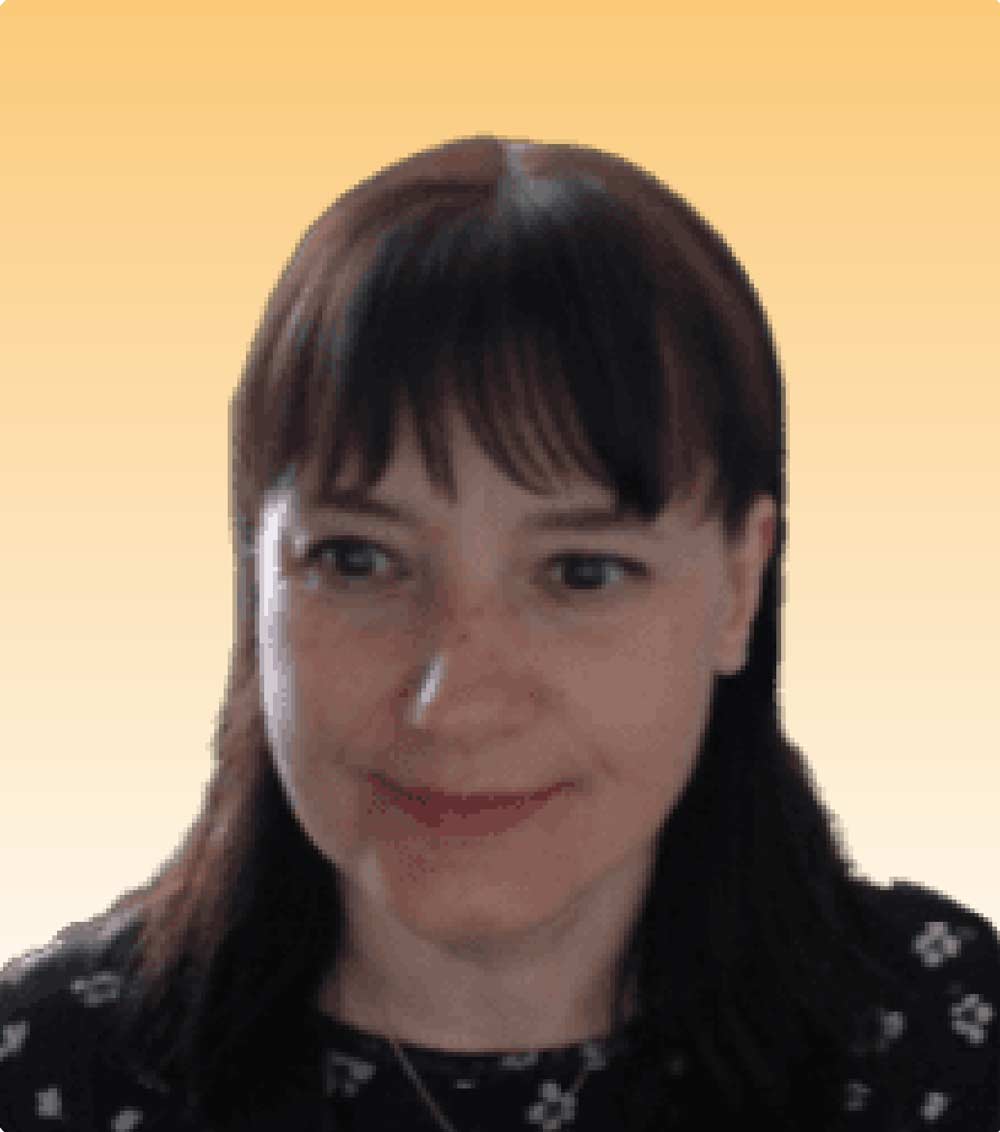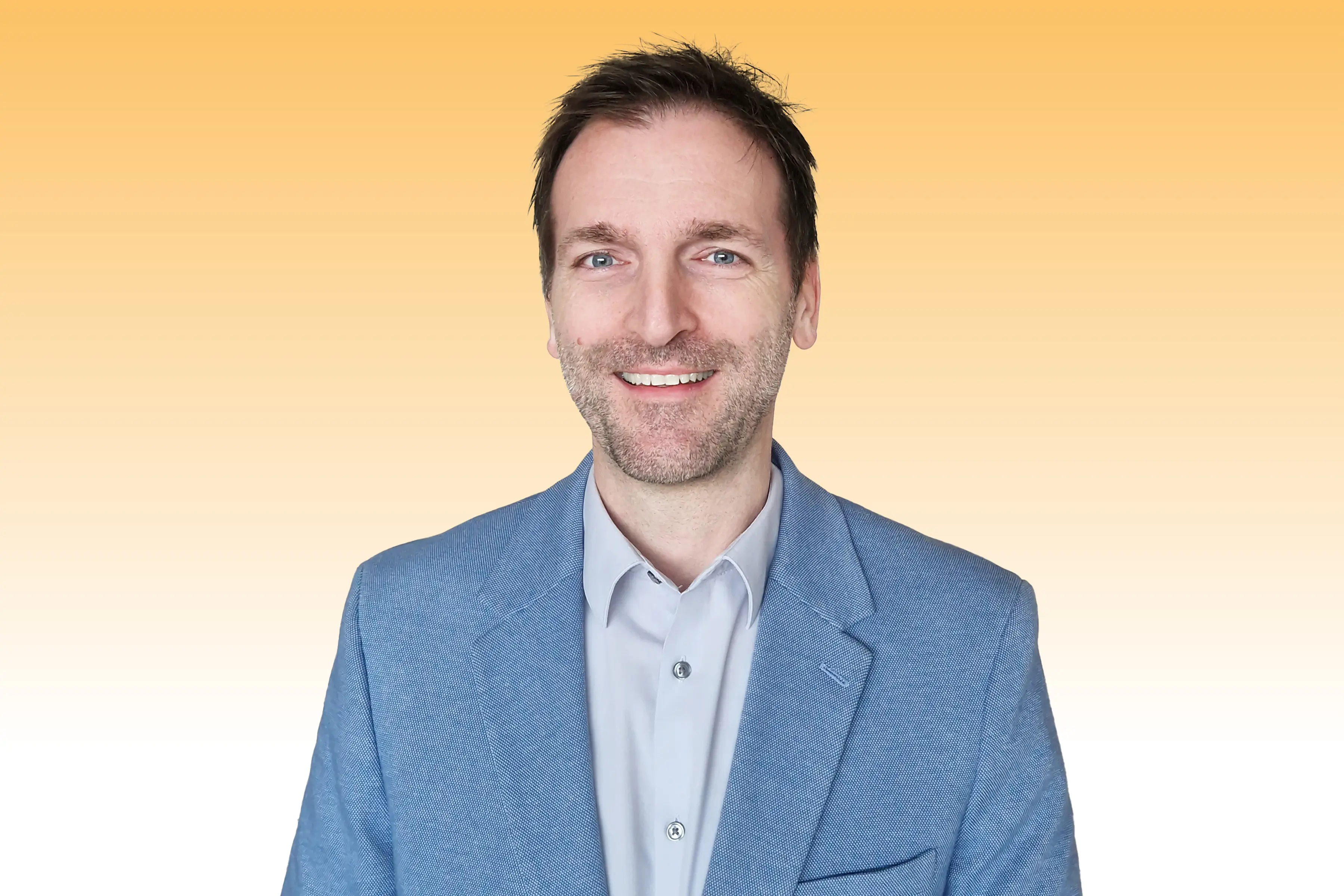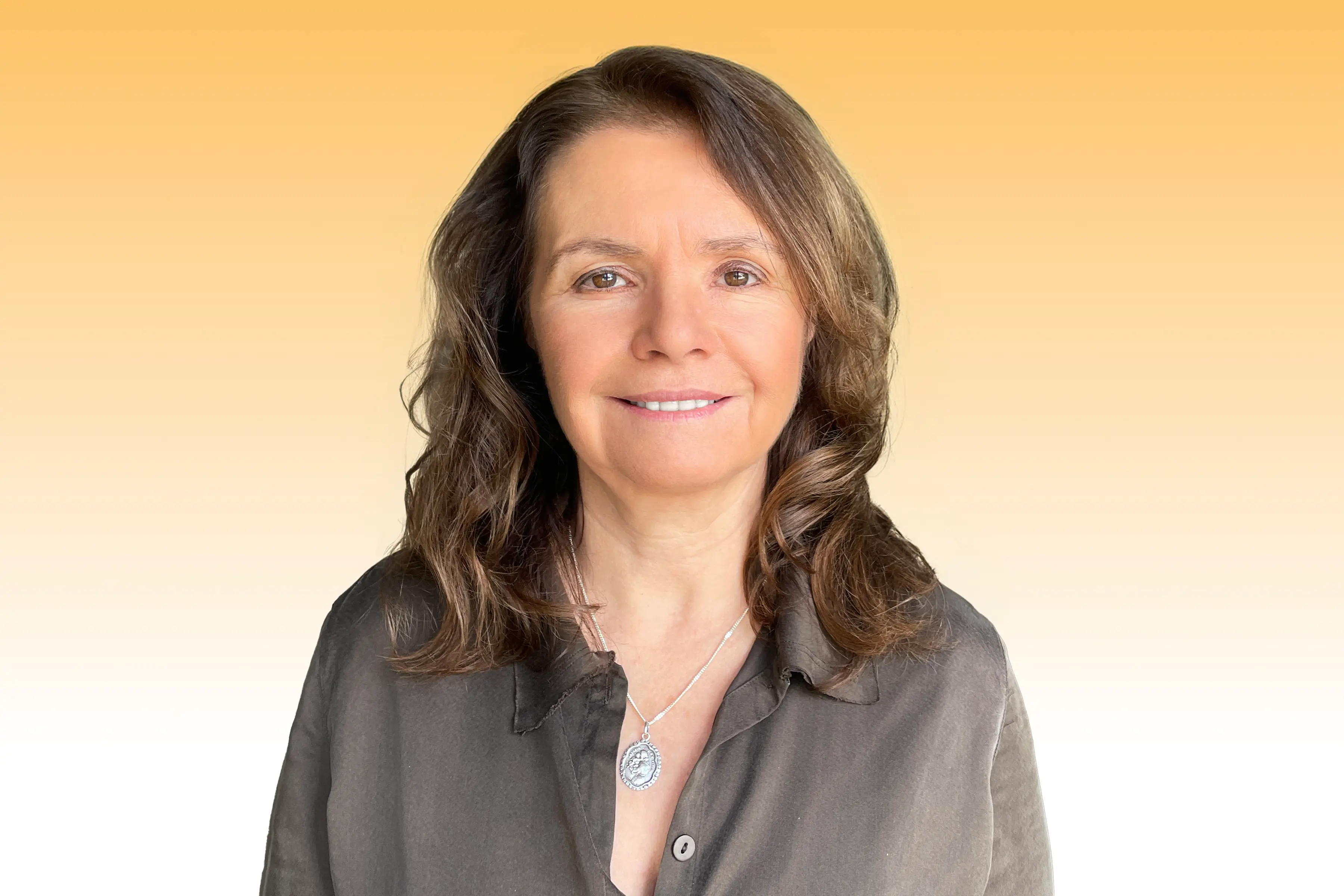Ilze Balode, MD
Senior Medical Director,
Rare Diseases
Rare diseases are a diverse and vast group of disorders that affect not only patients but their entire families. With over 8,000 diseases identified and 95% of these lacking treatments, they impact approximately 300 million people worldwide, of which 75% affect children.
As a rare disease CRO, our Allucent Center of Expertise: Rare Disease encompasses the entire range of clinical trials for rare disease drug development, from natural history studies to pivotal trials, addressing complex considerations including pediatric and vulnerable populations, novel biomarkers, clinical and surrogate endpoints, and innovative trial designs like basket and umbrella trials. We emphasize the integration of patient perspectives and specialize in a wide array of innovative medicines and advanced therapeutics in rare and ultra-rare disease research.
Navigating the complex regulatory landscape of rare disease drug development, including expedited pathways and orphan drug applications, and compliance with evolving guidelines, can be challenging. Additionally, clinical design aspects such as single arm pivotal studies and historical controls can present unique challenges within rare disease research.
Designing a rare disease clinical trial involves navigating unique challenges such as patient burden, selecting appropriate clinical endpoints and biomarkers, addressing placebo-related obstacles, and ensuring continuous data monitoring. Given the limited patient populations in rare disease research, adaptive trial designs play a crucial role in optimizing efficacy and safety assessments while enhancing study flexibility.
In rare disease clinical trials, finding eligible participants is challenging due to the limited and widely dispersed patient population. Successful rare disease research relies on innovative strategies to identify, recruit, and retain patients, ensuring trials have the necessary participants to generate meaningful insights.
Conducting pediatric clinical trials is both complex and essential, particularly in rare disease research. With small patient populations, severe and intricate conditions, and critical ethical considerations, these trials play a pivotal role in advancing rare disease drug development. Addressing these challenges is crucial not just for young patients but also for their families, ensuring access to innovative treatments through rare disease clinical trials.
As a rare disease CRO, We share your dedication to advancing treatments for complex and hard-to-treat conditions. We understand that rare disease and orphan disease research requires deep expertise, innovative approaches, and a steadfast commitment to patient-centric trial designs.
Conducting a rare disease clinical trial or advancing orphan disease research comes with exceptional challenges. Trials must be ethically sound, scientifically rigorous, and designed to ease the burden on patients and their families. Our approach ensures that both rare disease and orphan drug development progress efficiently, ultimately driving medical breakthroughs and improving patient outcomes.
Click icons for more information:


As a rare & orphan disease CRO Allucent has more than 30 years of expertise successfully navigating the unique challenges of rare disease and orphan disease clinical trials including ethical considerations in protocol design, small sample sizes, pharmacokinetic sampling limitations, the need for standardized subjective endpoints, vulnerability of the patient population, and constantly evolving regulatory requirements within orphan drug development.
125+
Studies
2500+
Sites
10900+
patients
55+
Orphan Drug
Applications
All-time years of experience


With global breadth and depth across a wide range of rare diseases, Allucent partners with biotech companies to bring innovative therapies to light.
Allucent’s rare and ultra-rare disease clinical trials expertise spans multiple therapeutic areas including neuroscience, autoimmune, pulmonary, genetic, metabolic, and oncology. It includes a variety of novel drug classes and precision medicine including gene therapies, stem cell therapies, biologics, GMOs, mRNA and antisense therapies.



Let us know how we can help you bring new therapies to light. Get in touch to get started.
Want to help small and mid-size biopharma companies change the therapeutic landscape?